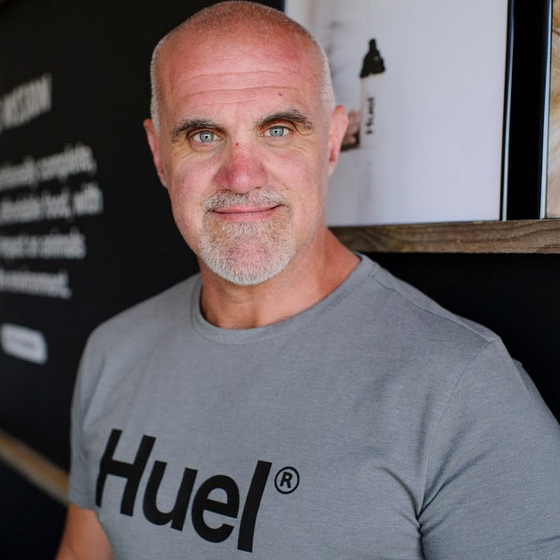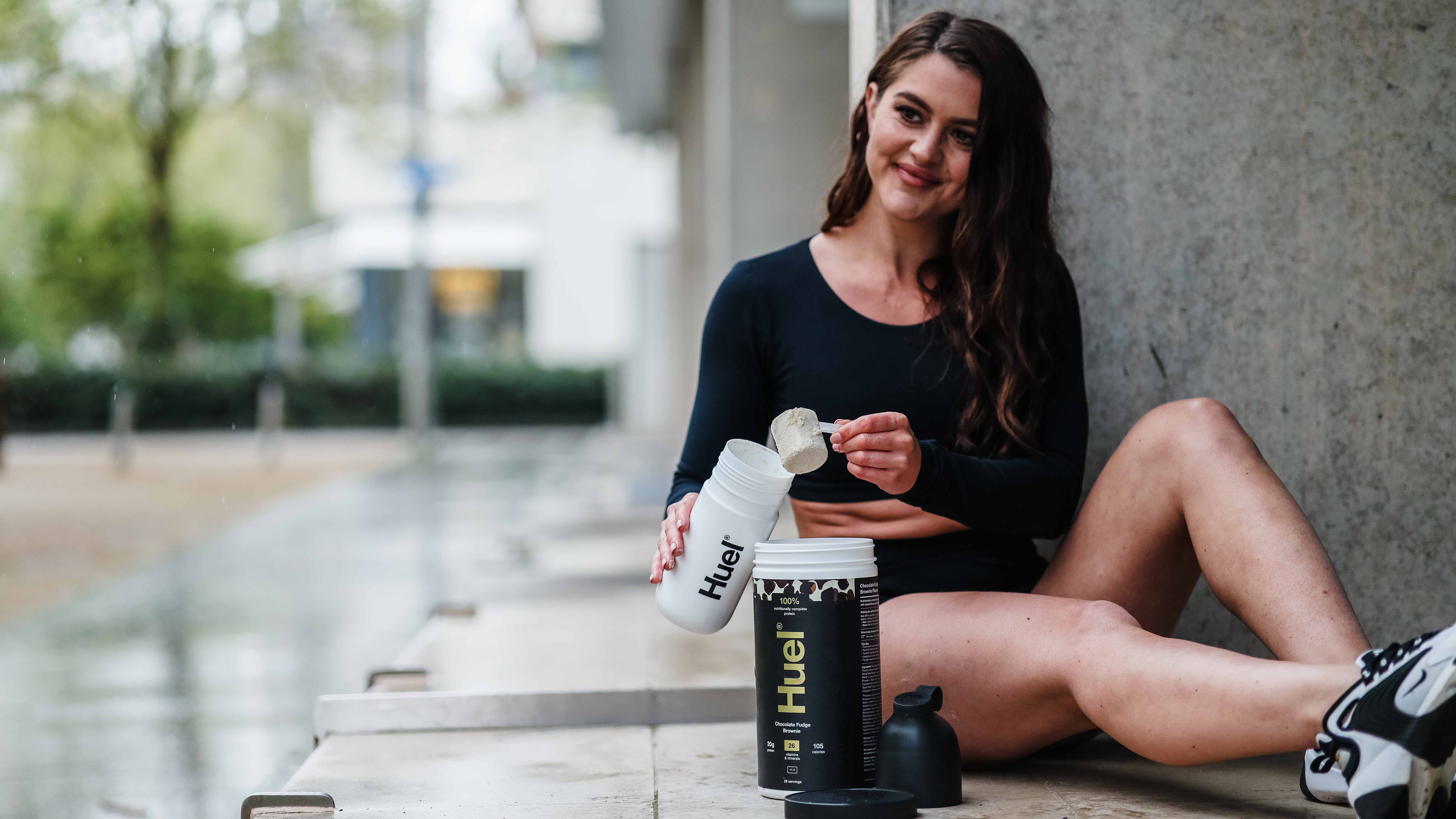

Whether your mission is to get bigger muscles, bulk up, or lose weight, there is one thing you can be absolutely sure of: the amount of protein you eat to fuel your workouts will play a crucial role in helping you to achieve your goal – or not, if you don’t consume enough of this vital macronutrient.
In a separate article, we explained how many grams of protein you should eat in a day and, as it turns out, the answer is a lot, especially if you lead an active lifestyle or want to grow your body to Henry Cavill-like proportions. But does it follow that eating 100 grams of protein in one sitting is a good way to help you hit your daily protein consumption target?
To find out how much protein you can absorb in one meal, we asked Huel co-founder and registered nutritionist James Collier for the answer. For more info on protein consumption, check out T3's best protein powder and best weight gainer guides.

James Collier is the Co-Founder and Head of Sustainable Nutrition at Huel. He’s worked in nutrition and dietetics - including time in the NHS – for 27 years and previously specialised in providing advice for competitive bodybuilders, strongmen, boxers, and Mixed Martial Arts fighters. He is also the co-owner of popular bodybuilding forum MuscleTalk.
Is there a limit to how much protein can you absorb in one meal?
‘The most important thing I can say that is so often confused,’ says Collier, ‘is the difference between the amount of protein the body can absorb and the amount of protein that the body’s muscles can take up and use. Protein isn’t just used to build and repair muscle; it’s also used for energy, hair, skin and nails, all of which are made up of protein, as is most of the immune system’.
For this reason, Collier says the body doesn’t really have an upper limit for the amount of protein it can absorb in one sitting. But at around 100 grams, he says, people are often limited to how much they can eat by gut issues, including intestinal discomfort and indigestion. So, how much protein can be used by the body’s muscles in one meal then?

‘This is where the 30 gram stat you’ve probably heard of comes from,’ says Collier. ‘Aiming for around 20 to 40 grams of protein is great for building muscle and is also good for helping you feel full because protein is more satiating than carbohydrate and fat.’
Moreover, 30 grams of protein per meal is deemed the ideal amount because research shows that ‘skeletal muscle protein synthesis’ – the process used by the body to repair micro-tears in your muscles after exercise and help you grow bigger muscles - is maximised at 25 to 35 grams of protein during a meal.
Get all the latest news, reviews, deals and buying guides on gorgeous tech, home and active products from the T3 experts
How much protein should I eat if I want to build muscle?
If you’re looking to build muscle – here is an article dedicated to the best advice on how to build muscle and another on how to bulk up – Collier advises that you should be consuming 1.6 grams of protein per kilo of body weight per day as an absolute minimum.
‘This guideline tells you if you need to eat more than three meals a day because if you’re consuming more than 40 grams of protein in one sitting, it’s not going to help towards your muscle-building goals,’ he says.
‘As an example, if you weigh 175 Lb/80kg, you’ll need around 128 grams of protein a day, which can be a lot to consume in just three meals, so you may want to think about eating additional meals or snacks in between that will provide you with good sources of protein.’

How can I get more protein into my diet?
Eating upwards of 128 grams of protein might sound challenging, but Collier says it’s more than achievable if you incorporate some simple strategies into your dietary regime. And that includes putting more thought into your breakfast.
‘The first meal of the day is typically lower in protein for many people, so make a conscious effort to include protein there,’ he suggests. ‘An easy way is through a protein shake or by adding protein powder to porridge’.
Next, he advises that you continue to use protein powder throughout the day to help top up your protein levels to your required level, especially if you are time poor or struggle to digest a lot of protein in one go.
‘Protein shakes really help with convenience and there is nothing wrong with including them in your diet if you struggle to hit your protein goals. Ideally, most of your protein will come from wholefood meals, but this can be harder if you have a low appetite or follow a plant-based diet, for example.’

Jo is a London-based freelance journalist and content creator specialising in fitness, health, lifestyle and beauty. With a degree in Journalism, Film & Broadcasting from Cardiff University and almost 20 years’ experience in the industry, she interviews celebrities and Olympians for a living, while testing out the latest beauty, hair, wellness and fitness gadgets. As a Level 3 Personal Trainer and author of several fitness guides, she gets to try the coolest workouts while reviewing active travel destinations and writing investigative features about the wonderful world of wellbeing for many of the UK’s top magazines, newspapers and digital publications. When she’s not sitting at her laptop, Jo likes exploring new walking spots with her beagle, gardening, and DIY. She is also one of the few people on the planet still obsessed with what’s coming up in Phase 5 of the Marvel Cinematic Universe.